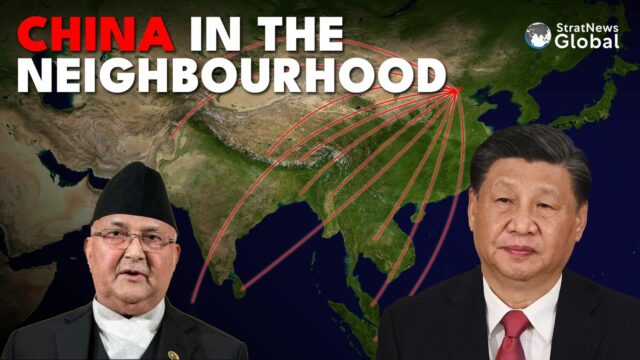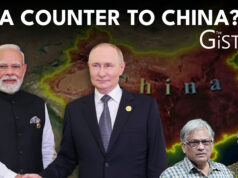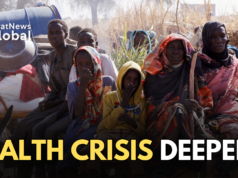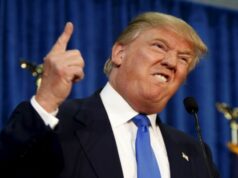China’s politics in Nepal my have taken a hit after the recent political makeover there. Although KP Sharma Oli, the leader of the Communist Party of Nepal – Unified Marxist Leninist (CPN-UML) is back as prime minister after a gap of three years, he is in coalition with the Nepali Congress, a party which is less inclined to kow tow to Beijing and is seen as pro-India.
China’s politics can be therefore be expected to focus on influencing the polity and politicians. China is known to enjoy a degree of influence with the communist and left-aligned political parties in Nepal. It raises questions to what extent these parties are acting in the national interest or in China’s.
Over time it could breed distrust of politicians and undermine faith in the polity.
It is widely accepted that in the 2022 municipal elections, an independent candidate Balendra Sah, won the race for mayor with Chinese backing.
Targeting Tibetans
Beijing through its embassy in Kathmandu, is known to be seeking out political leaders belonging to districts adjoining Tibet, the idea being to win them over so they curb activities by anti-China Tibetan groups.
The Tibetan community in Nepal has been under growing pressure from Nepali governments seeking China’s favour. Tibetans, reports say, live in refugee-like conditions with growing concerns about their physical safety, erosion of their human rights and lack of any legal recourse.
This has generated a negative response overseas with Nepal’s conduct coming under criticism. Internally, it has fuelled the debate on China’s intentions towards Nepal. Are those entirely benign?
That is the question more so at a time when China’s politics of muscle flexing in the South China Sea against its small East Asian neighbours, is there for all to see.
Development Partner?
To begin with, China’s claims under the Belt & Road Initiative (BRI) is under scrutiny. Many are questioning what that country means by claiming that any project undertaken with Chinese aid or by Chinese companies, is part of the BRI.
This has several implications for Nepal including whether it could limit the government’s fiscal space and policy autonomy in the long run.
Pressure from Beijing to expedite the Trans-Himalayan Multi-Dimensional Connectivity Project is growing. It is an economic corridor between the two countries that includes the feasibility study of a cross-border railway link between Kyirong in Tibet to Kathmandu, Pokhara and Lumbini (the last is just an hour’s drive from the Indian border in Sunauli, in UP).
But Nepal has reservations about this project and has been slow to comply with Chinese demands to get moving on it.
Also included is the upgrading of the Araniko Highway that runs to the Chinese border point of Zhangmu, and improvements to the transport infrastructure on the Kosi, Gandaki and Karnali economic corridors.
A major concern in Nepal is that Chinese-assisted projects have been unable to generate the required revenues. Repayment of loans or grants including high interest rates charged by China, is under debate in the local Nepali media with warnings about Kathmandu falling into a debt trap.
Security, Incursions
Security concerns are growing. China is accused of encroaching on Nepali territory. A Nepal government report of September 2021, leaked to the BBC in February 2022, said that China has been entering the Nepali district of Humla in the far west.
A fact-finding team which went there found the Chinese restricting religious activities by local Nepalis, building a fence around a border pillar and trying to build a canal and a road well inside Nepali territory.
More recently, China said Mount Everest lies within its territory, sparking outrage in Nepal.
Nepal’s concerns about China clearly focus on its potential to influence the domestic narrative through political and other allies. This could undermine the country’s sovereignty in the long term.
Thirty eight years in journalism, widely travelled, history buff with a preference for Old Monk Rum. Current interest/focus spans China, Technology and Trade. Recent reads: Steven Colls Directorate S and Alexander Frater's Chasing the Monsoon. Netflix/Prime video junkie. Loves animal videos on Facebook. Reluctant tweeter.





